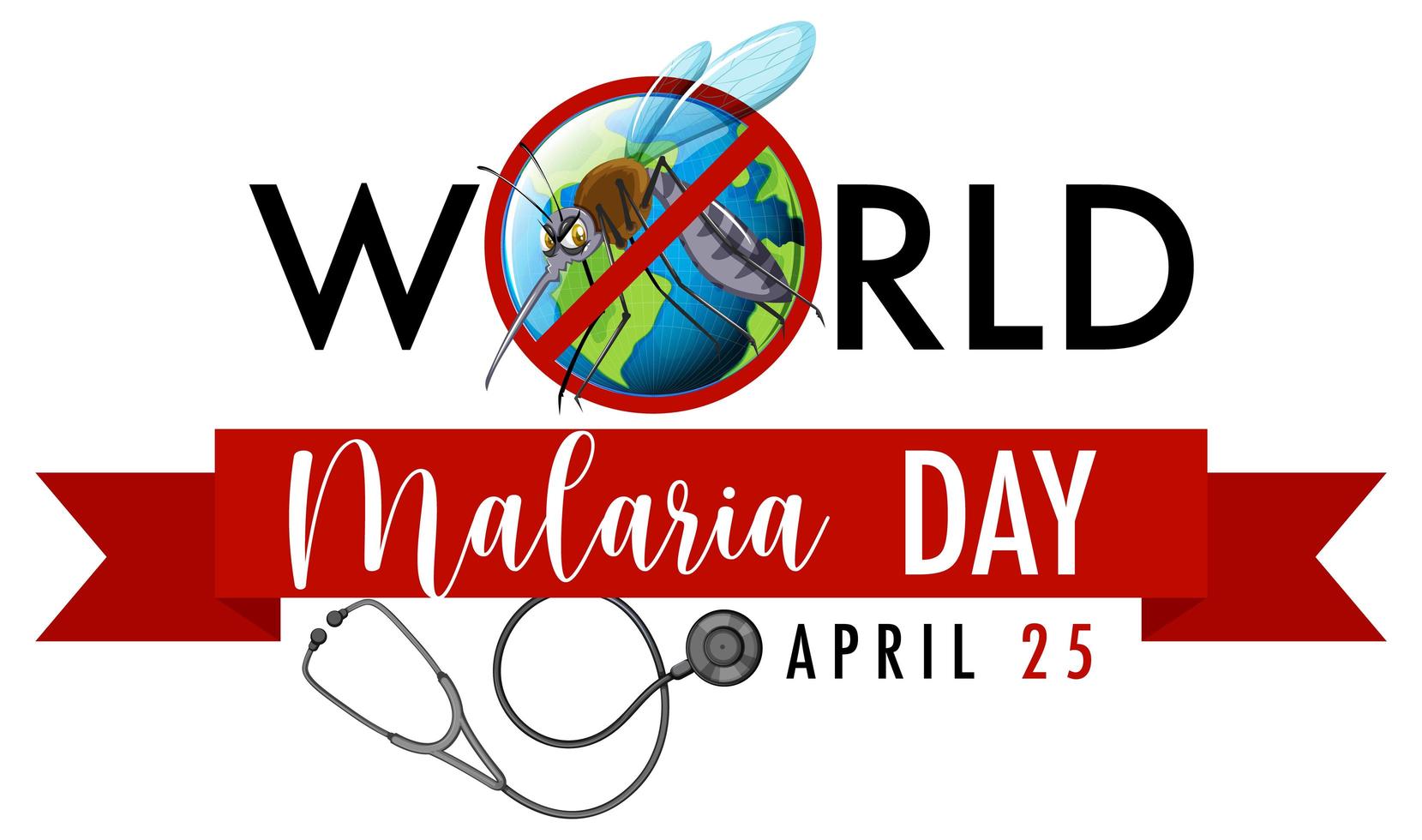World Malaria Day is an annual event which takes place on the 25th April to raise awareness about malaria prevention. It highlights the need for funding and support to work towards eradicating the disease The disease can be fatal for anyone but most severely affects children and pregnant women. Malaria is caused in humans by five species of single-cell, eukaryotic Plasmodium parasites (Plasmodium falciparum and Plasmodium vivax) that are transmitted by the bite of Anopheles mosquitoes. In humans, malaria parasites grow and multiply first in the liver cells and then exponentially in the red blood cells. It is the blood stage of the parasite lifecycle that causes the symptoms of malaria in humans.
Causes
Malaria is caused by Plasmodium parasites. The parasites are spread to people through the bites of infected female Anopheles mosquitoes, called “malaria vectors.” There are 5 parasite species that cause malaria in humans. They are P. malariae, P. ovale, P. knowlesi, P. falciparum and P. vivax. Two of these species – P. falciparum and P. vivax – pose the greatest threat.
Syptoms
- Fever
- Chills
- Sweats
- Headaches
- Nausea and vomiting
- Body aches
- General malaise
Prevention
- Always get professional medical advice before travelling to a country affected by malaria.
- Wear long pants and a long-sleeved shirt if you are outside at night.
- Use mosquito repellent at night, especially before you go to sleep.
- Close the windows at night and spray the room with special bug spray.
- Sleep under a mosquito net that has been treated with mosquito repellent.
- If you experience any of the symptoms associated with malaria -such as chills, a high fever, or headaches – while you are in or have recently visited an area affected by malaria, seek medical attention immediately.
Treatment
- Malaria can be a life-threatening condition, especially if you’re infected with the parasite falciparum. Treatment for the disease is typically provided in a hospital. Your doctor will prescribe medications based on the type of parasite that you have.
- In some instances, the medication prescribed may not clear the infection because of parasite resistance to drugs. If this occurs, your doctor may need to use more than one medication or change medications altogether to treat your condition.
- Additionally, certain types of malaria parasites, such as vivaxand P. ovale, have liver stages where the parasite can live in your body for an extended period of time and reactivate at a later date causing a relapse of the infection.
- If you’re found to have one of these types of malaria parasites, you’ll be given a second medication to prevent a relapse in the future.


